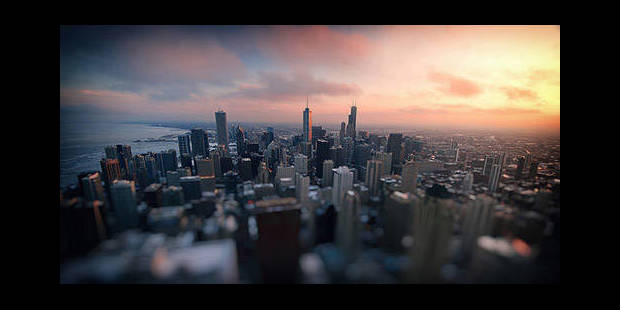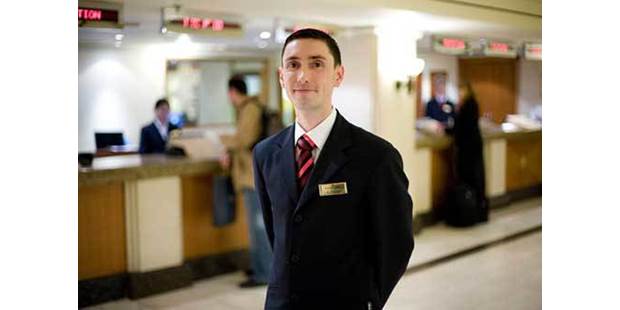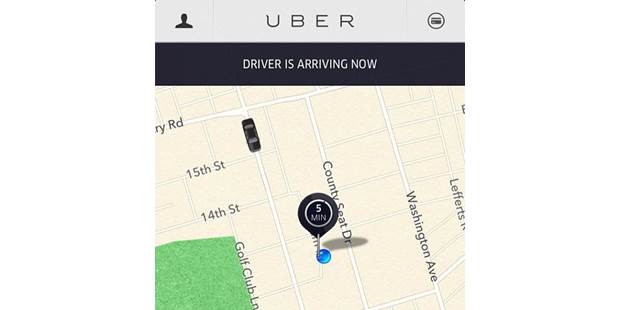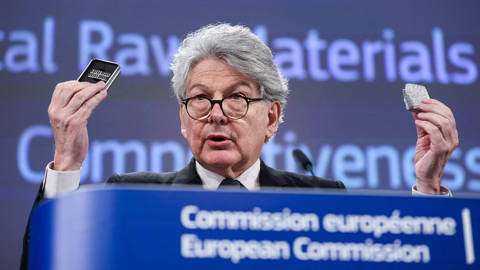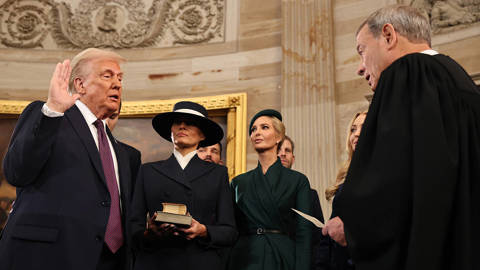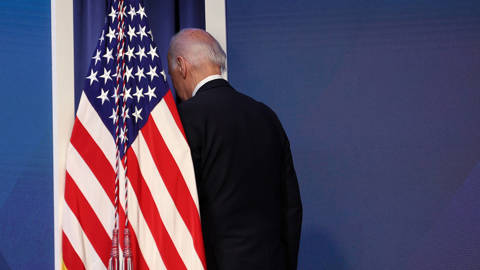Life in the Uber City
Actually, we do not believe that CERN was involved in creating the Internet. You are probably referring to the World Wide Web (http://en.wikipedia.org/wiki/World_Wide_Web) – which is a system for accessing content on the Internet. The World Wide Web is indeed credited to our MIT colleague Tim Berners-Lee and a paper he wrote while he was a researcher at CERN.
Regarding the bypassing of regulation: law has evolved over thousands of years to reflect constantly changing conditions in society. If the impact of a given technological development on society is positive – for example, if a cab driver working through the Uber platform can provide a better service at lower cost for the customer and earning a higher net wage for himself – why should this not be adopted? If an increase of information and transparency through real time urban platforms makes better markets, empowers users, and ultimately, improves urban life, shouldn’t the government and and its regulations respond accordingly?
Regarding Public Space in the city versus online: is not public space in the city similar to that of the internet? Both are (and should be) subject to regulations, but allow for open activity and usage by individuals.

